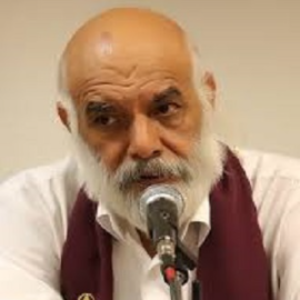Title : Behavioral and molecular impacts of the dezhakam-step-time protocol on opium addiction rodent model
Abstract:
Opium addiction remains a formidable global health challenge, underscoring the critical need for effective and scientifically grounded treatment strategies that foster sustained recovery. This study investigates the efficacy and underlying neurobiological mechanisms of the Dezhakam-Step-Time (DST) method, a novel taper-off opium tincture protocol, utilizing a rat model of opium dependence.
Our experimental design involved inducing opium addiction in a cohort of rats, followed by their random assignment to either a DST-treated group, an unaddicted control group, or a sham-treated group. The DST protocol involved a precise, gradual tapering of opium tincture administration. Upon completion of the treatment phase, hippocampus tissues were collected for molecular analysis. RNA extraction, subsequent cDNA synthesis, and gene expression analysis using quantitative Real-time PCR were then performed to assess molecular outcomes, alongside behavioral assessments.
The results compellingly demonstrate the effectiveness of the DST method. Behaviorally, the treated rats exhibited a significant and sustained reduction in craving, a primary obstacle in the recovery journey. This crucial behavioral improvement was notably paralleled by profound changes at the molecular level within key brain regions. Gene expression analysis revealed a consistent downregulation of genes associated with stress and pro-inflammatory markers, suggesting a reversal of neurobiological states linked to chronic addiction and withdrawal. Furthermore, a significant upregulation was observed in the expression levels of genes related to the GABAergic and Serotonergic systems, indicating a restoration of crucial inhibitory and mood-modulating pathways.
These findings suggest that the DST protocol facilitates a multifaceted neurobiological re-regulation, supporting the brain's return to a more balanced state. The observed molecular shifts provide robust evidence for the DST method's capacity to not only alleviate overt behavioral symptoms but also to induce beneficial neuroadaptations that are fundamental for deep, long-term recovery. This study offers valuable mechanistic insights into structured opium tincture tapering as a viable therapeutic approach, highlighting its potential to redefine strategies for addiction treatment and enhance sustained well-being.



